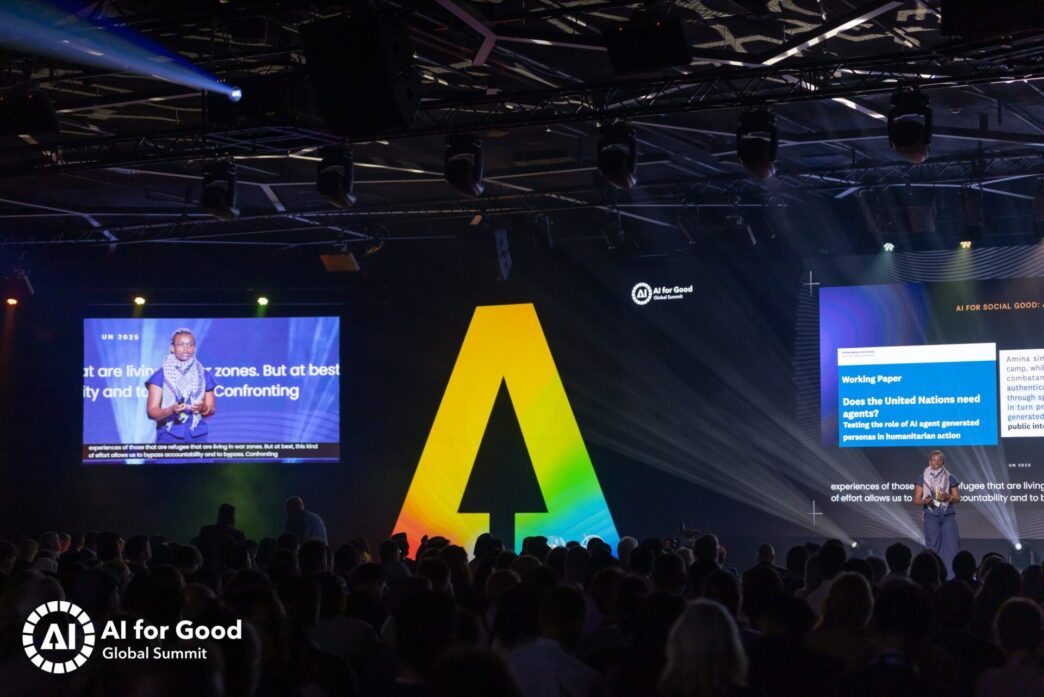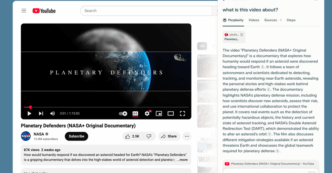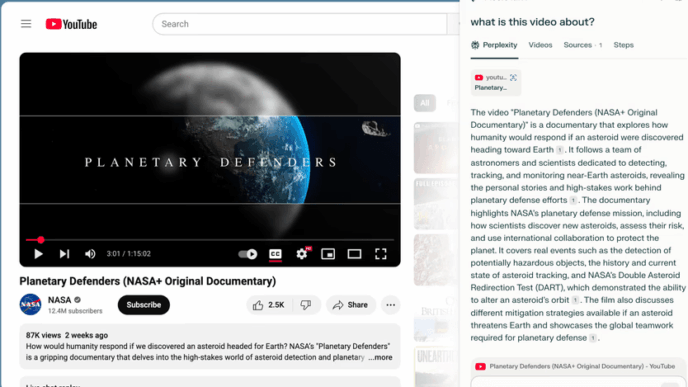AI for Good Global Summit 2025 sparks censorship uproar over keynote slides
The United Nations’ AI for Good Global Summit 2025 in Geneva faced controversy Tuesday when keynote speaker Abeba Birhane was forced to cut critical content from her presentation. Birhane, lead of TCD AI Accountability Lab and one of Time’s 2023 100 Most Influential People in AI, was told to remove slides mentioning “Palestine,” “Israel,” change “genocide” to “war crimes,” and drop a slide exposing Meta’s illegal data torrenting.
The organizers reportedly demanded Birhane either scrub all named corporations and logos or cancel her talk altogether. She reluctantly edited out key evidence-backed points highlighting major tech firms’ complicity in war crimes and unethical practices—but kept one controversial slide after tense negotiations.
Birhane described the experience as deeply disappointing, accusing the summit of protecting corporate interests over real social good.
“It feels like when they are claiming AI for social good, it’s only good for AI companies, good for the industry, good for authoritarian governments, and their own appearance… A good measure of impact is actual improvement of lives on the ground. Everywhere you look here feels like any other tech summit rather than a social good summit.”
Abeba Birhane on the AI for Good Global Summit, 2025
The demand to sanitize Birhane’s message put a spotlight on the hypocrisy inherent in the AI industry’s social good claims while enabling powerful corporations accused of fueling conflict. She highlighted that her content was based on public, empirical evidence—not speculation.
“I’m doing that because existing records clearly show that they are working with authoritarian regimes to provide cloud infrastructure and various technologies that are powering war and exacerbating injustice.”
Abeba Birhane on why she addressed corporate misconduct
Birhane also called out AI’s current trajectory, critiquing generative AI’s environmental costs, lack of regulation, and exploitative labor practices. She called for a radical rethink of AI, focusing on smaller, accountable models built with community control, stripped of capitalist motives.
“Most AIs that are disseminated or deployed in the social space are there as a punishment mechanism, not as something that will help people… Imagine developing something that helps people rehabilitate into society when they come out of prison. But you can’t make money from that, so we don’t have such tools.”
Abeba Birhane on the potential for AI to be truly used for good
Asked if she would participate in future AI for Good summits, Birhane was blunt:
“I don’t think I’d be invited again. It’s very unlikely.”
The incident raises tough questions about how much real critique the AI industry and UN platforms are willing to tolerate when exposing inconvenient truths about big tech’s role in conflict and injustice.














